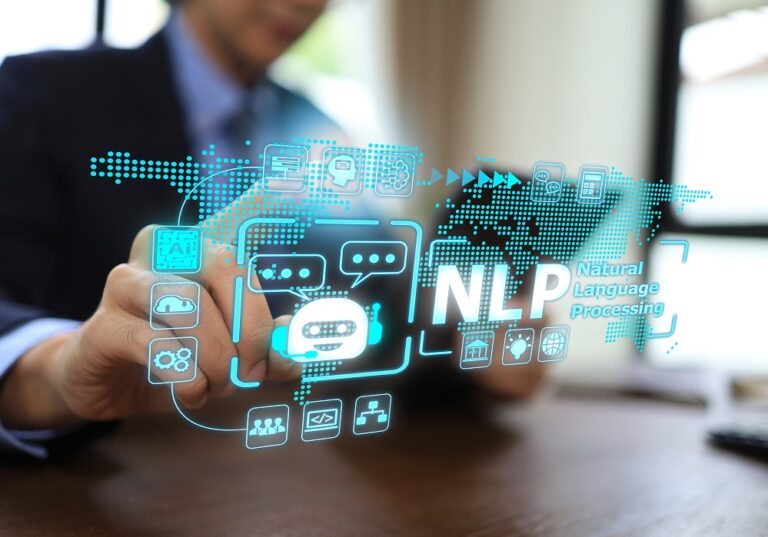AI language models made in Europe: Cross-linking research, strengthing transfer

Munich, 23 May 2023
Large language models such as ChatGPT or PaLM 2 promise powerful AI solutions for business and society. However, their results are not always comprehensible, often flawed, or fraught with bias. Experts from Plattform Lernende Systeme believe that research in Germany is in a good position to tackle the technical challenges of AI technology, develop it in line with European values and thus exploit its potential for Germany and Europe. A current white paper from the platform identifies the most urgent research needs and options for action.
Language models are a key technology in Artificial Intelligence (AI). They recognize, produce, translate and process language and are at the core of a wide range of applications. They can support programming or customer service, for example, and make communication and knowledge processing in companies more efficient. Although German researchers are involved in the development of large-scale language models in many places, research and development in Germany should not lose out in this dynamic research field, which is strongly influenced by non-European players and large technology companies, the white paper “Large-scale language models – fundamentals, potentials and challenges for research” states.
“If we want to use language models for applications in and from Europe, we need European language models that can handle the languages here, take into account the needs of our companies and ethical requirements of our society. Currently, however, the language models are created – and controlled – by American and Chinese tech giants,” said Volker Tresp, professor of machine learning at Ludwig-Maximilians-Universität München and head of the Technological Enablers and Data Science working group of Plattform Lernende Systeme.
Research needs: Adapt models for different industries
Currently, there are only a few monolingual models based on exclusively German text data. Models that consider domain-specific language of sensitive application areas such as medicine and justice are also not widespread. In contrast, many significant multilingual models, such as GPT-4, are mostly not openly available for public research. “Language models have enormous economic potential. However, for a large proportion of German companies, it is not profitable to build language models for use in their own operations. Unfortunately, however, no sufficiently powerful and commercially usable model currently exists for the German language. We therefore need openly accessible models – especially for the German language – as well as methods that allow them to be adapted cost-effectively to the specific requirements of different industries,” says Alexander Löser, founder and spokesman of the Data Science Research Center at the Berliner Hochschule für Technik (BHT) and a member of the Technological Enablers and Data Science working group.
About the white paper
The white paper “Large Language Models – Foundations, Potentials and Challenges for Research” was written by members of the Technological Enablers and Data Science working group of Plattform Lernende Systeme. It is available for free download (in German).




